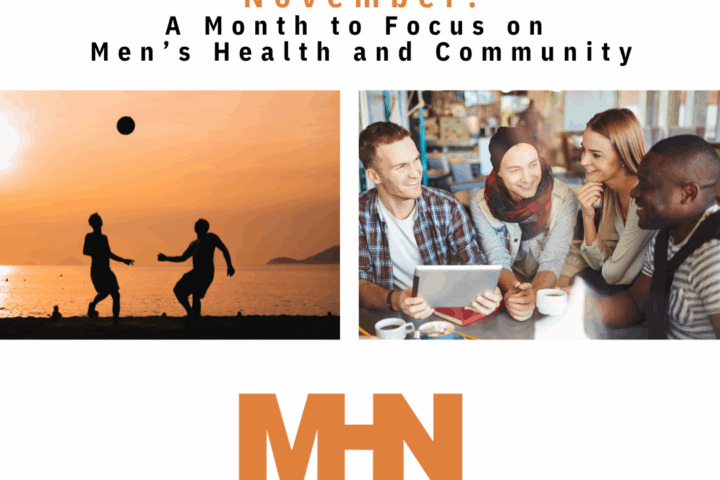Studies show that men under 40 are among the least likely to prioritize their health care. Your 30s is the time to change this statistic, as you can catch warning signs before they progress, as well as establish healthy patterns before you enter middle age. Some health checks you shouldn’t miss once you hit 30 include:
BMI
Your 30s is when your metabolism starts to slow down, leading to an increased likelihood of weight gain. A good way to check if you are at a healthy weight is to use the BMI scale, which uses your height and weight to calculate your number on the chart. A range of 18.5 to 24.9 is considered healthy. Some exceptions can apply if you have a muscular build (muscle weighs more than fat), which can cause you to falsely measure as overweight.
Cholesterol
Your cholesterol can also become more difficult to control, leading to an increased risk of heart attack and stroke. To check your cholesterol levels, your medical provider will take a small sample of blood and check your triglycerides, HDL, and LDL cholesterol. Your total cholesterol should be less than 200 mg/dl, with your LDL (bad) cholesterol being under 100 and your HDL being higher than 60. Triglycerides should be less than 150 mg/dl.
Blood Pressure
You should also start checking your blood pressure once a year, as high blood pressure (hypertension) can lead to stroke, heart disease, or even kidney failure, among other health concerns. Optimal blood pressure is at or under 120/80. Your doctor or P.A. will check your blood pressure with a stethoscope and a blood pressure cuff, but you can also check it yourself with an at-home blood pressure monitor (only necessary if you have high blood pressure). If you want regular blood pressure readings without buying the device, local nursing schools are often looking for people to practice on.
Testicular Cancer
Testicular cancer is the most common cancer among men under 40, but it is also the most treatable when caught early. You should check in with your medical practitioner for a medical exam, but you should also be doing self-exams once a month. Check for lumps (usually about the size of a pea) and any abnormal pain or swelling. The best time for a self-exam is after a warm shower when the scrotum is relaxed.
Good healthcare education and regular health checks are key to staying healthy into middle age. After all, it’s better to see the doctor now while you are feeling fine and catch something early, than to wait until you feel sick and catch it too late.



